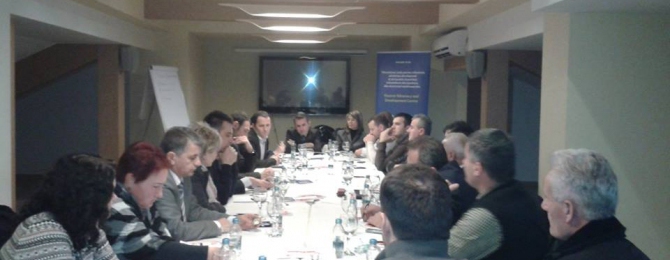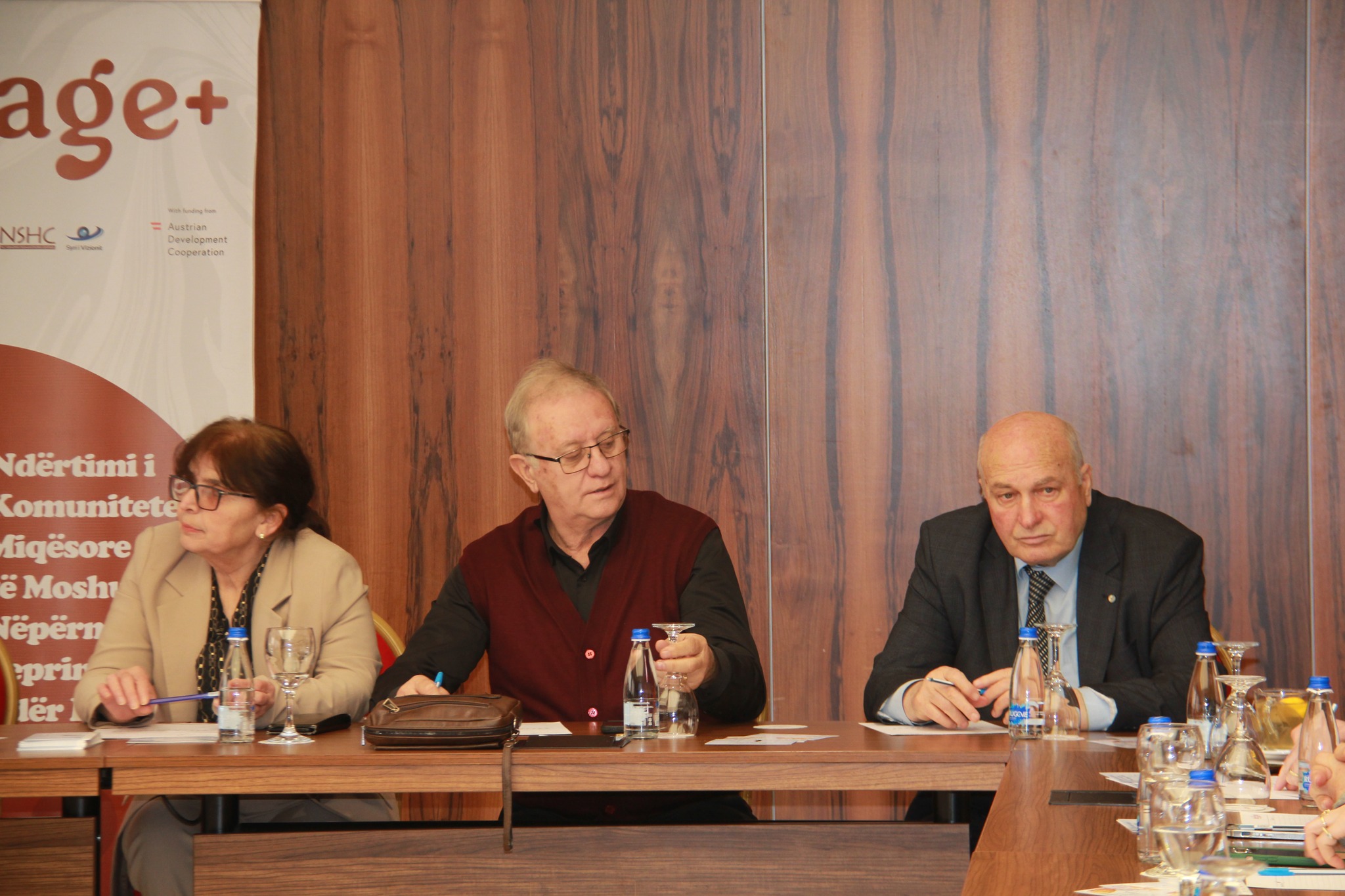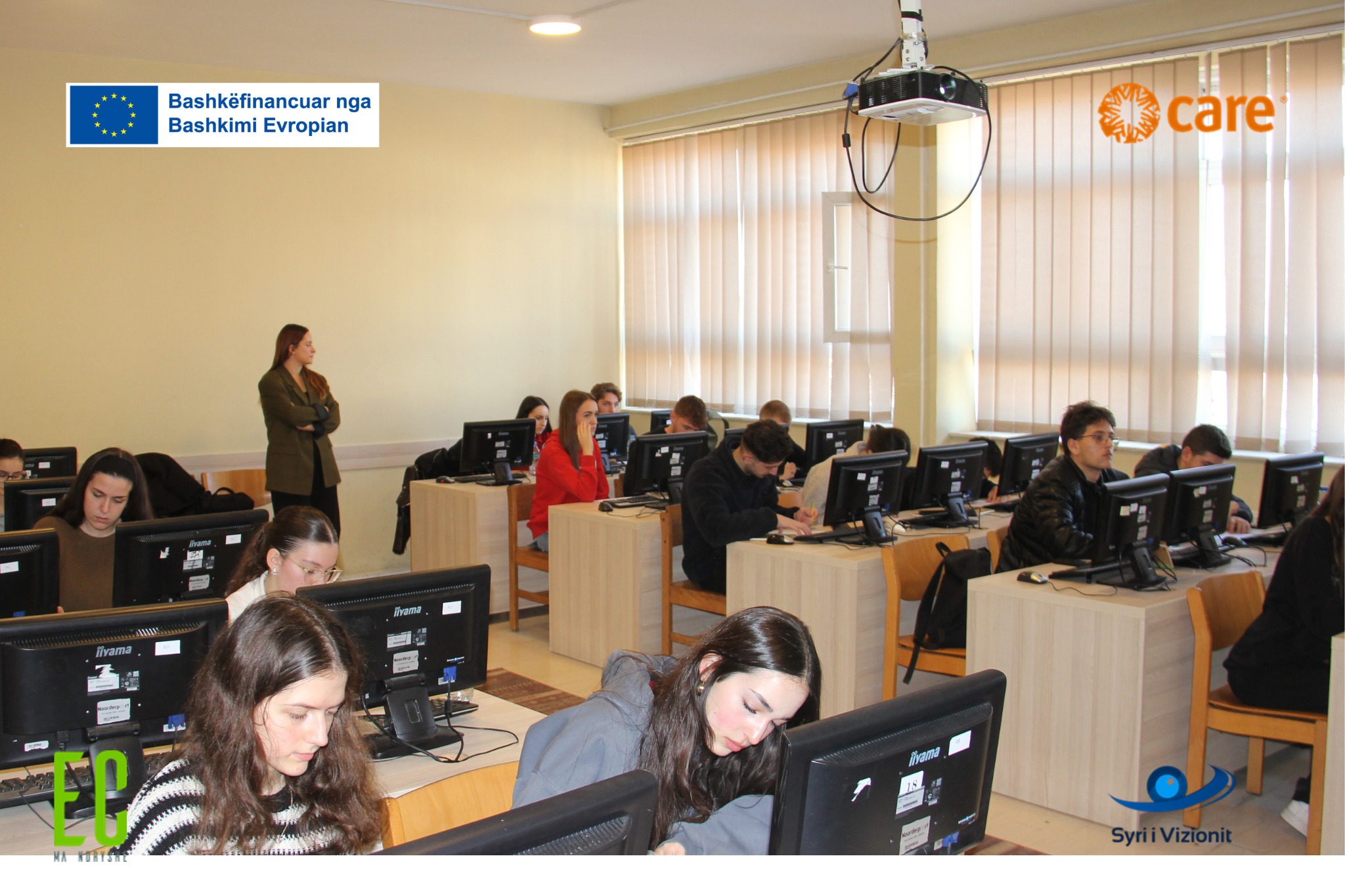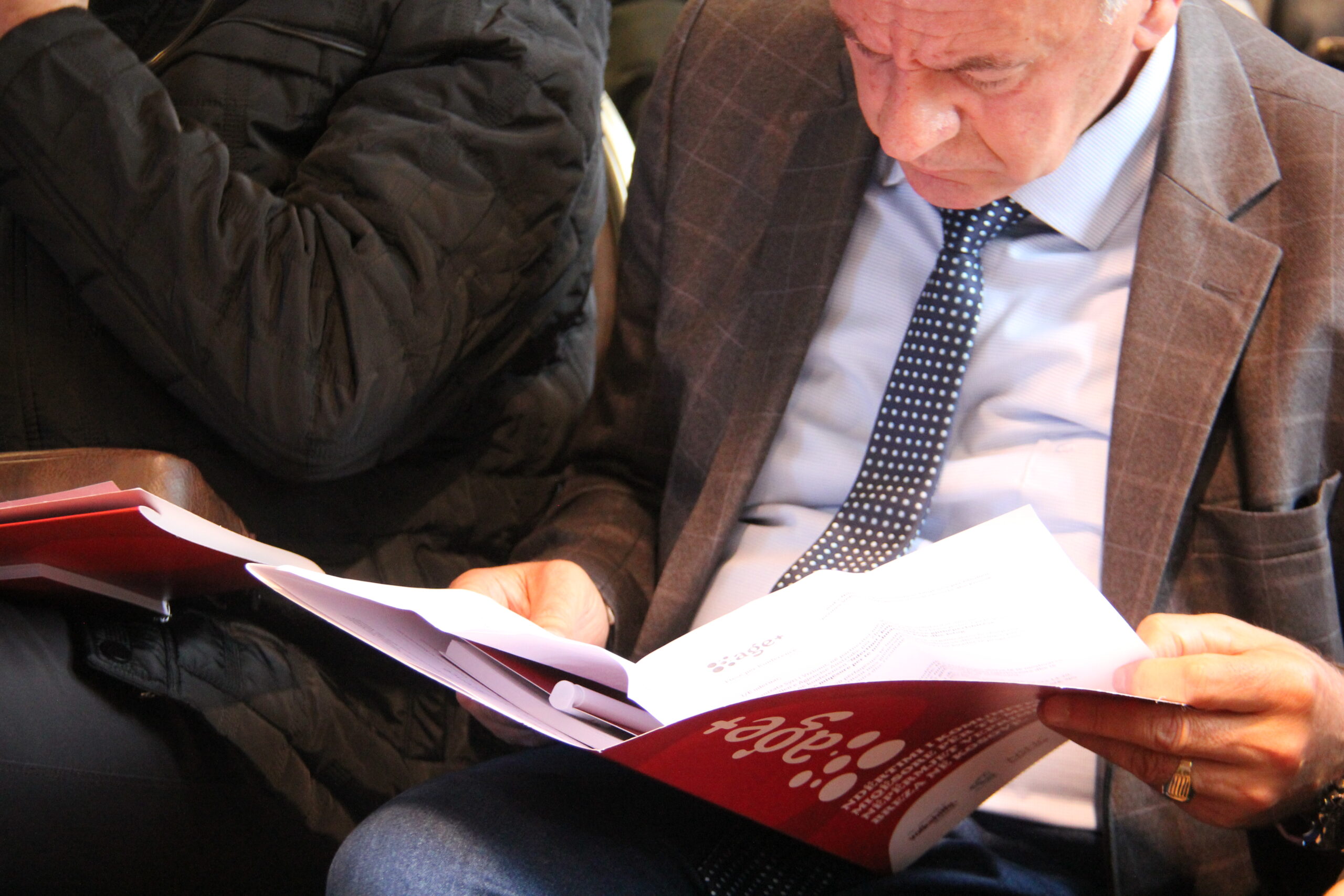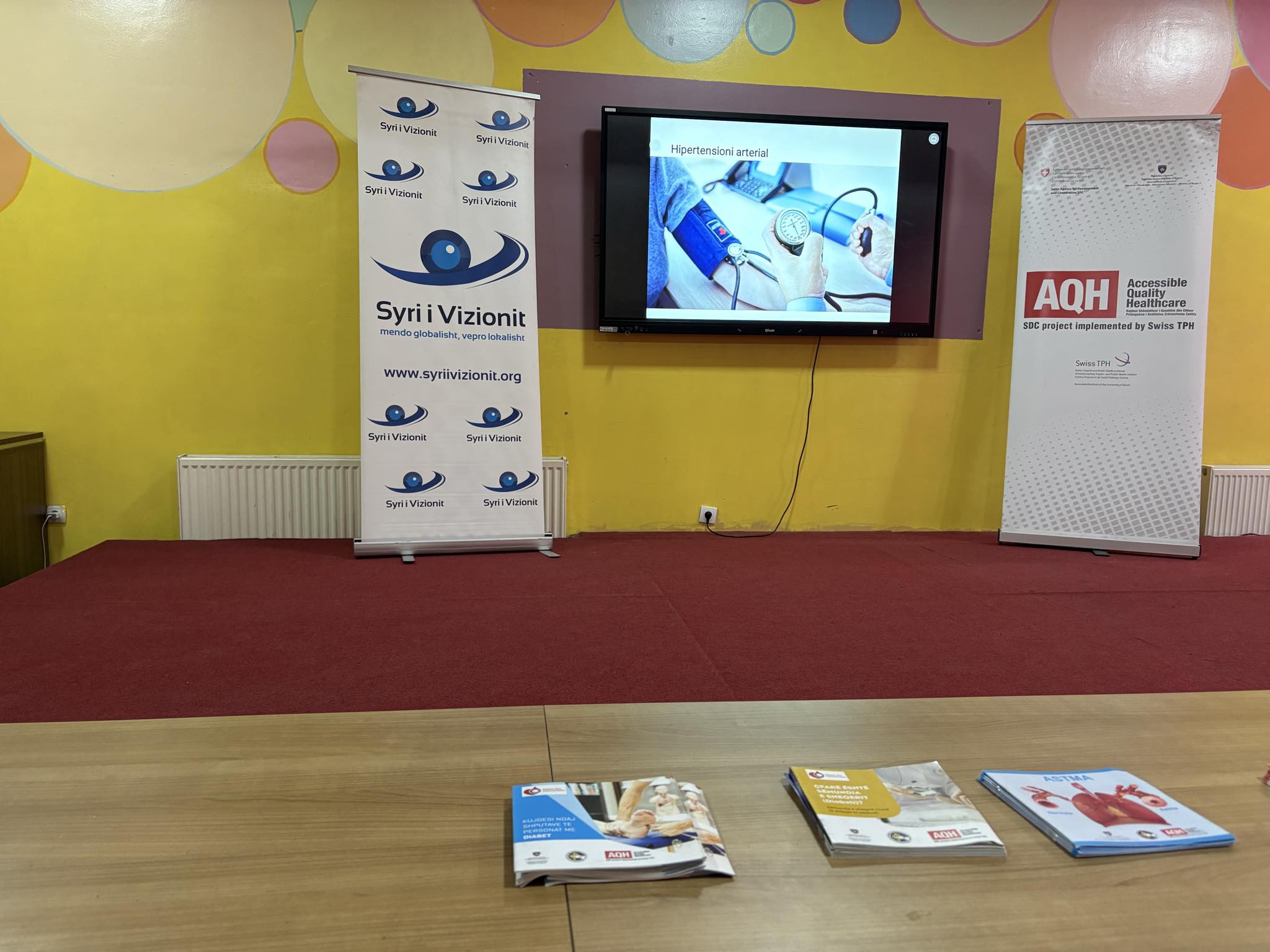Communication from the meeting
Pejë, December 19- The meeting organized by KADC in cooperation with the NGO “Syri i Vizionit”, the WHO office – Pristina and the Ministry of Health was aimed at raising the awareness of citizens about the respect of the Law on Tobacco Control and encouraging the responsible bodies in the performance of legal duties for the effective supervision of the implementation of this law. The municipal sanitary inspectorate-Peja, the central sanitary inspectorate, the education inspectorate-Peja, IKSHP-branch in Peja, representatives of civil society and the media from the municipality of Peja also participated in the meeting.
From the discussions in this meeting, it was concluded that the implementation of the tobacco control law in the municipality of Peja is relatively good. There are violations of the law (smoking) in gastronomic establishments; cases of smoking in public institutions are not excluded. Representatives of citizens and civil society stated that there is a violation of the law (smoking) in closed spaces.
Representatives of the sanitary inspectorate in the municipality of Peja said that they are committed to the implementation of the law on tobacco control, mentioning here the difficulties they face such as the lack of staff and small salaries or the lack of stimulation for working overtime. According to this inspectorate, since the entry into force of the law on tobacco control, most of the gastronomic facilities have been inspected. With the beginning of the winter season, the number of violations of the law (smoking ban in public places) has also increased. They have not initiated any misdemeanor proceedings so far.
Recommendations from the meeting
• To form a coordinating group for the supervision of the implementation of the law on tobacco control in the region of Peja, consisting of: the sanitary inspectorate- Peja (Xelal Bytyqi), the directorate of education- Peja (Musa Krasniqi), the market inspectorate- Peja (Ismet Shabanaj ), NGO “Syri i Zizionit” (Enver Ulaj), NGO “CTI” (Redzo Kojic), TV Dukagjini (Lirije Haziraj), Radio Peja (Besarta Muriqi), Kosovo Police – Peja Region and IKSHP NGO “Merita” (Afërdita Keqiku- head of the coordination group), IKSHP- branch in Pejë (Arbnora Nurboja- coordinator of the group).
• To hold regular meetings – at least once a month of the coordinating group for the supervision of the implementation of the tobacco control law in the region of Peja.
• All parties involved in the group should report at least once a month to the coordinating group about their work and the steps they will take to improve the implementation of the tobacco control law.
• To identify the so-called “hot spots” – the places where there are more frequent violations of the law and the same to be subject to systematic visits and punishments provided by law in case violations are found.
• To organize joint inspection visits of the municipal sanitary inspectorate and the Kosovo police – Peja region with priority in the areas where law violations are more frequent.
• To organize inspection visits according to the “rotating” mechanism between the sanitary inspectorates of different municipalities, including the central sanitary inspectorate.
• To increase cooperation between the sanitary inspectorate and gastronomic establishments in order to inform them about the conditions of additional (open) spaces where smoking can be allowed and to eliminate those built in violation of the law.
• Compile an informative circular about the rules of smoking ban in educational institutions and send it to the principals of all schools in the region of Peja.
• To undertake awareness-raising activities in the local and national media in order to raise awareness of compliance with the law on k. of tobacco. In addition, educational-awareness activities should be undertaken in schools about the health risks of consumption and exposure to tobacco smoke.
• To publish the number of punishments imposed on subjects violating the law.
________________


